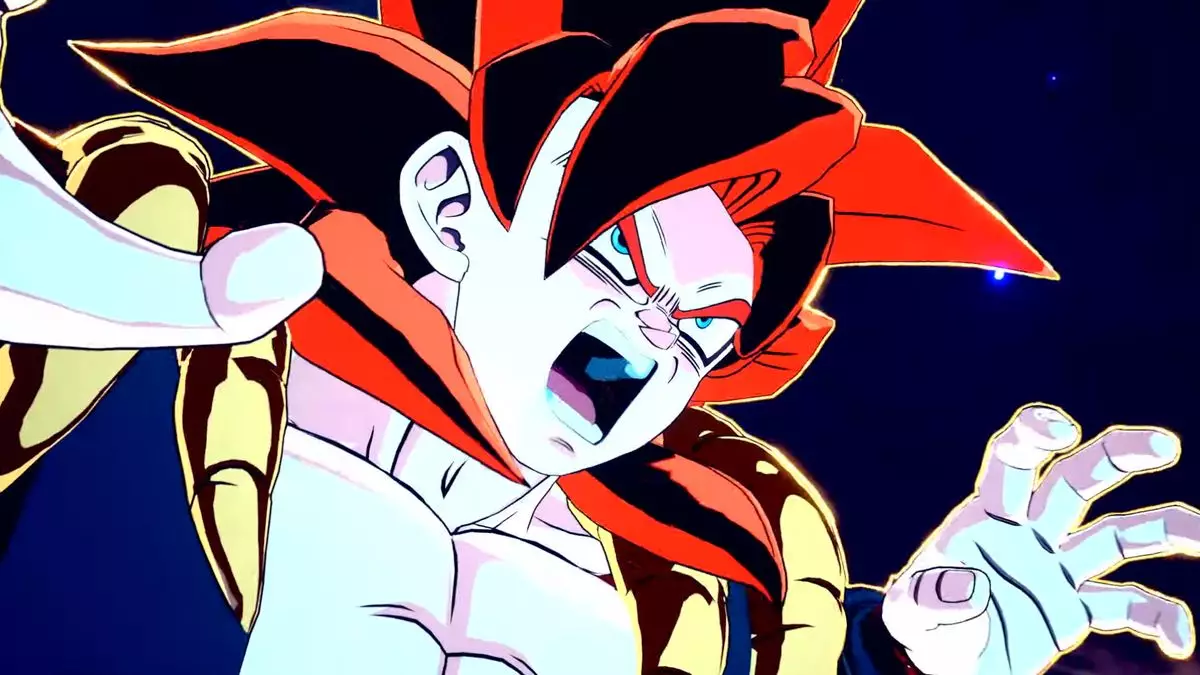In a remarkable homage to the late 1990s and early 2000s, Bandai Namco Entertainment has crafted a trailer for their upcoming fighting game, Dragon Ball: Sparkling Zero, that resonates deeply with those who grew up watching Toonami. This nostalgic essence is palpable in every frame, striking a chord with fans who fondly recall the simpler days of after-school television. The trailer doesn’t just promote a video game; it evokes an entire era, blending vibrant visuals with a lo-fi soundtrack that mirrors the unforgettable hype of Japanese anime on American airwaves.
The trailer elegantly captures the hallmark features of its predecessors. With quick cuts of beloved characters like Goku and Vegeta delivering iconic lines, and an unmistakably nostalgic score, it feels more like a piece of art than a marketing tool. Particularly noteworthy is the inclusion of Christopher Sabat’s voiceover, which many fans recognize as the voice of Vegeta, further emphasizing the authentic connection to the franchise. The length of the trailer strategically mirrors that of classic Toonami commercials, enhancing its retro appeal and serving as a clever acknowledgment of the audience’s fond memories.
Fans have responded enthusiastically to the trailer, with numerous comments across platforms celebrating the nostalgia it evokes. One YouTube user aptly commented that the marketing team deserves a significant raise, encapsulating the infectious excitement surrounding the game. Another fan humorously suggested that millennials, perhaps the most dedicated segment of the fanbase, took matters into their own hands and went into game design to create a product that pays tribute to their childhood. Such sentiments illustrate the depth of connection that exists between this generation and the franchise, highlighting how personal experiences with anime can shape career paths and creative endeavors.
From a strategic standpoint, Bandai Namco’s choice to draw on this nostalgia is astute. Dragon Ball: Sparkling Zero is part of the Budokai Tenkaichi series, which debuted shortly after Toonami’s peak popularity. By tapping into the shared memories of a generation that grew up with these characters, the publisher positions itself to effectively attract a demographic that is not only invested in the gameplay but also emotionally attached to the franchise’s rich history. This approach indicates a keen understanding of their audience’s desires, demonstrating how marketing in the gaming industry has evolved to become more inclusive and community-centered.
As the game’s release date approaches, excitement continues to build among fans. The trailer has set high expectations, and players are eager to see how the game expands upon the lore and gameplay mechanics that have captivated audiences for years. With the promise of further nods to the franchise’s storied past, Dragon Ball: Sparkling Zero seems poised not only for commercial success but also for strengthening the bonds within its dedicated community. In this age of modern gaming, where nostalgia often drives engagement, Bandai Namco has effectively harnessed the power of memory to build anticipation for a title that many are hoping will pay homage to the very essence of what made Dragon Ball so beloved.


Leave a Reply